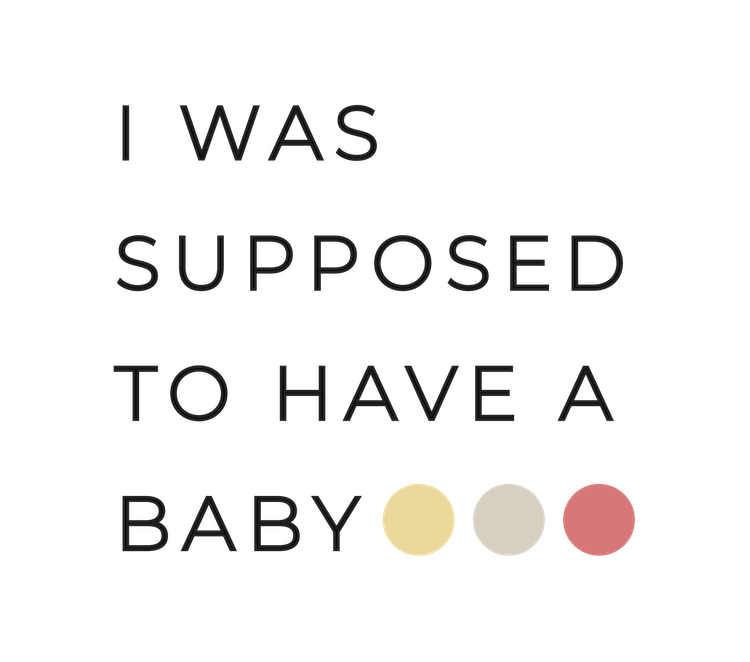Forgiveness & Boundaries
So many of us hold onto the things we’re learned in preschool.
•Don’t cross with street without holding looking both ways.
•Learn to speak with your words instead of throwing blocks at your friend.
•Share your toys and your crayons.
•It’s important to be nice to everyone.
☝🏻These are pretty universal concepts that stand the test of time.
But one of other things many of us learned in school about the high holidays and the concept of reward and punishment definitely does not hold up.
Take this message sent in by a follower:
“Growing up, I was taught that before Rosh Hashana if I didn’t forgive those around me then Hashem (G-d) wouldn’t forgive me.
I struggled to learn there’s a difference with forgiving someone and allowing them back into my life without boundaries and there’s forgiving someone and then setting boundaries to respect my feelings.”
-anonymous
➡️As we age, we know that relationships are complicated. Good friends and family members aren’t always the people we can count on during a crisis and in the aftermath when we need support. And that lack of sensitivity feels even more painful during this time of year when we are supposed to be forgiving.
I’m not a Rebbetzin, but I do believe that just like our relationship with the people in our lives grows deeper as we age, so too do the adult needs of validation, comfort, support and compassion during times of struggle.
❤️There should always be an element of forgiveness, but with the adult recognition that you may need to protect yourself against further insult.
G-d, being all knowing and all merciful, knows that you are suffering and doing your best, and that’s all He wants from you.
He just wants your best.

